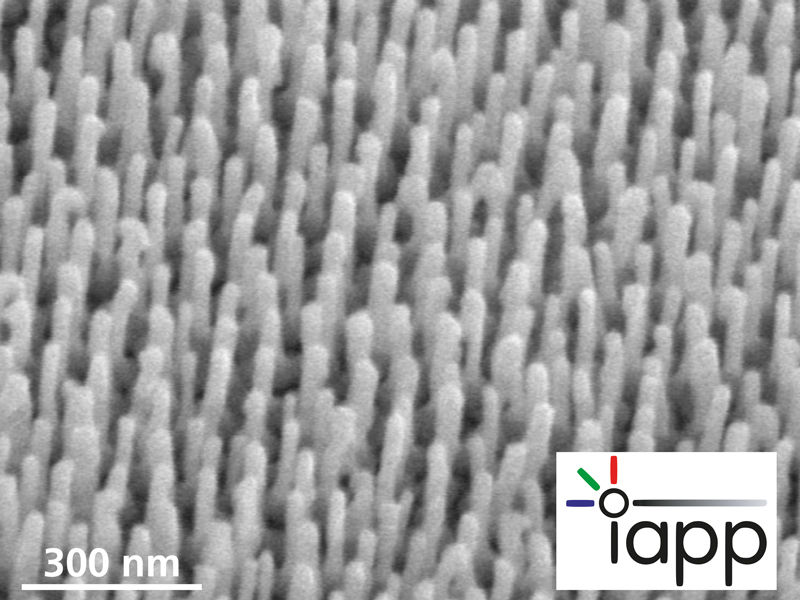Start of a worldwide scientific competition for bioprocesses
Scientific workgroups from research institutions all over the world can now register for the so called “BlueCompetition”, run by BlueSens gas sensor GmbH. The German manufacturer of gas analyzers for bioprocesses is launching this large-scaled event this year for the first time.
From May till the beginning of September the competition stage starts and will be about optimizing gas analysis in bioprocesses. Scientists from the Life Sciences, Biotechnology and other faculties are called on to take part in this comprehensive competition to find new and creative ways of analyzing gases in fermentation processes. “With the BlueCompetition we want to give new impetus to the scientific discourse about Bioprocessing”, explained Dr. Holger Mueller, one of the managing directors of BlueSens. New applications and fermentation techniques or simplified biotechnical processes could be the result of this initiative. Over 30 scientific teams are expected to take an active part in the contest.
“The Competition was the corollary of smaller competitions and very successful cooperation with various universities in the past years”, emphasized Mr. Mueller. After the application phase this spring the participating groups have time till September to run their experiments and to write a short report with their results.
An independent scientific jury will survey the results of the workgroups and define the first three winners. At the moment the jury consists of Prof. Dr. Lars Blank (TU Dortmund), Prof. Dr. Gesine Cornelissen (HAW Hamburg), Prof. Dr. Eiden (FH-Recklinghausen) and Prof. Jean Francois Hamel (Massachusetts Institute of Technology, MIT). As a financial incentive for the teams the total prize money for the award is 9,000 euro. The best reports will be published by the organizing company. For the project duration the participants also have the opportunity to receive a loan of gas measuring devices from BlueSens.
Organizations
Related link
Other news from the department science

Get the life science industry in your inbox
By submitting this form you agree that LUMITOS AG will send you the newsletter(s) selected above by email. Your data will not be passed on to third parties. Your data will be stored and processed in accordance with our data protection regulations. LUMITOS may contact you by email for the purpose of advertising or market and opinion surveys. You can revoke your consent at any time without giving reasons to LUMITOS AG, Ernst-Augustin-Str. 2, 12489 Berlin, Germany or by e-mail at revoke@lumitos.com with effect for the future. In addition, each email contains a link to unsubscribe from the corresponding newsletter.





















































